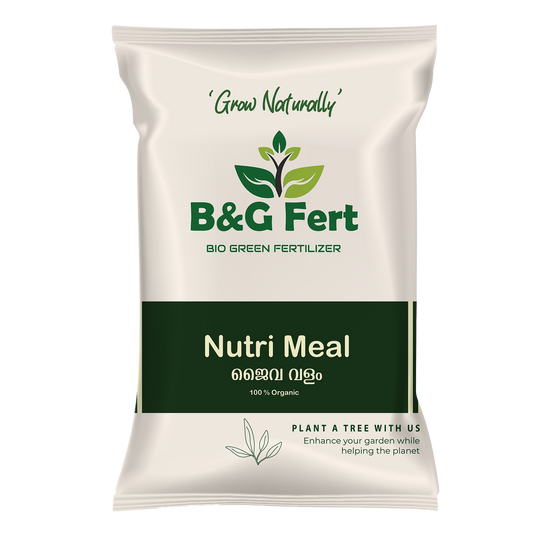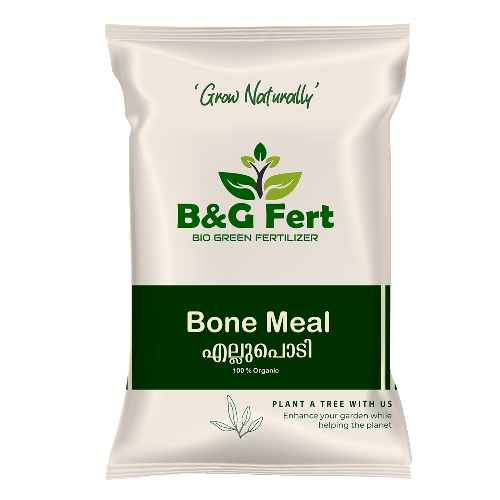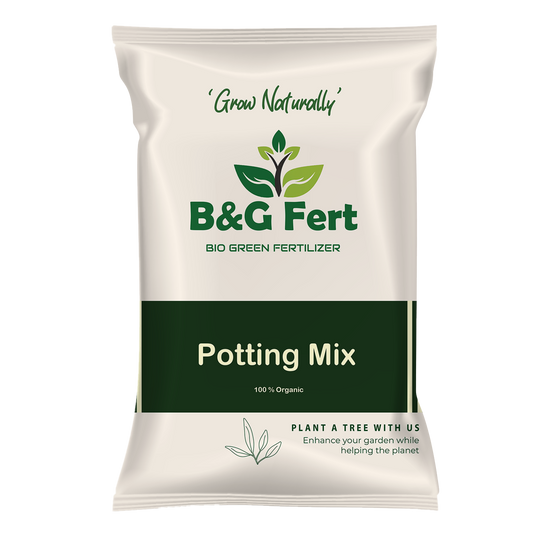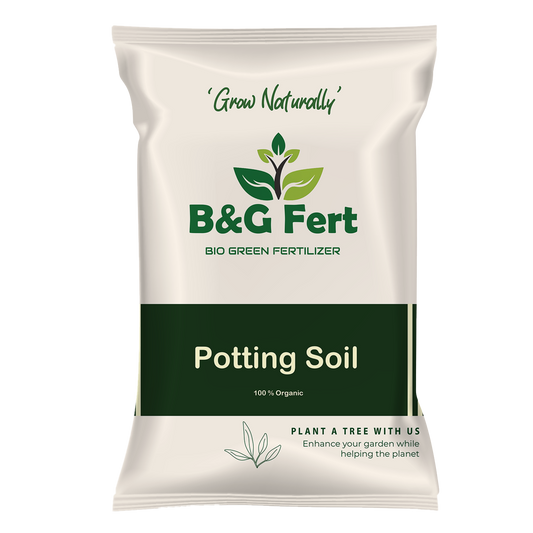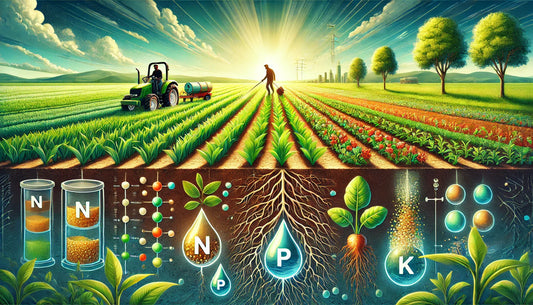
10 Reasons Why Organic Fertilizers Are Essential for Long-Term Soil Health and Sustainability
In recent years, sustainable and eco-friendly agricultural practices have gained significant traction. One of the critical components of these practices is the use of organic fertilizers. Unlike synthetic alternatives, which can harm the environment and degrade soil health, organic fertilizers offer a multitude of benefits that support long-term soil fertility and sustainability. This article delves into why organic fertilizers are indispensable for maintaining and enhancing soil health over the long haul.
1. Enhancing Soil Structure and Texture
Organic fertilizers significantly improve soil structure by increasing its organic matter content. This enhancement creates a crumbly soil texture that boosts aeration and water retention, both crucial for healthy root development. Good soil structure prevents compaction, which can hinder root growth and reduce water and nutrient availability, negatively impacting plant health.
Organic matter in fertilizers, such as compost and manure, binds soil particles into aggregates. These aggregates create spaces for air and water movement, which are essential for healthy plant roots and beneficial microorganisms. Improved soil structure also helps reduce erosion by increasing the soil's ability to absorb water and resist runoff.
2. Increasing Soil Microbial Activity
A major benefit of organic fertilizers is their ability to boost soil microbial activity. Soil microbes play a crucial role in breaking down organic matter and converting it into nutrients that plants can readily absorb. Organic fertilizers provide a food source for these beneficial microorganisms, fostering a diverse and active soil ecosystem.
Microbial activity is vital for nutrient cycling, ensuring essential nutrients are available to plants throughout the growing season. A healthy microbial community also helps suppress soil-borne diseases and promotes the growth of mycorrhizal fungi, which enhance nutrient uptake by plant roots.
3. Providing Balanced Nutrient Supply
Organic fertilizers offer a balanced supply of essential nutrients, including nitrogen, phosphorus, potassium, and trace elements. Unlike synthetic fertilizers, which often provide nutrients in a highly concentrated form, organic fertilizers release nutrients slowly over time. This gradual release matches the nutrient uptake of plants, reducing the risk of nutrient leaching and runoff.
The slow-release nature of organic fertilizers helps maintain steady nutrient levels in the soil, promoting consistent plant growth and reducing the need for frequent fertilizer applications. This is particularly important for long-term soil health, as it prevents nutrient imbalances and soil degradation.
4. Improving Soil Water Holding Capacity
Organic matter in organic fertilizers increases the soil's water holding capacity, which is crucial for plant health, especially in arid and semi-arid regions. Improved water retention reduces the need for frequent irrigation, conserving water resources and reducing the risk of drought stress for plants.
By enhancing the soil's ability to retain water, organic fertilizers help create a more resilient soil environment that can support plant growth during dry periods. This is especially beneficial in areas with irregular rainfall or limited access to irrigation.
5. Reducing Soil Erosion and Runoff
Organic fertilizers contribute to soil stability by increasing its organic matter content and improving soil structure. This helps reduce soil erosion, a major cause of soil degradation and nutrient loss. Erosion not only depletes the soil of valuable nutrients but also contributes to water pollution by carrying sediment and chemicals into waterways.
By preventing soil erosion, organic fertilizers help maintain soil fertility and protect the environment from the harmful effects of sedimentation and nutrient runoff. This is essential for sustaining healthy soil and water ecosystems over the long term.
6. Promoting Long-Term Soil Fertility
One of the most important benefits of organic fertilizers is their ability to promote long-term soil fertility. Organic matter from these fertilizers breaks down slowly, continuously enriching the soil with nutrients and improving its physical properties. This ongoing process helps build a resilient and fertile soil system that can support sustainable plant growth for many years.
In contrast, synthetic fertilizers can lead to soil degradation over time, as they often supply nutrients in excess, leading to nutrient imbalances and the depletion of soil organic matter. By maintaining a healthy balance of nutrients and organic matter, organic fertilizers ensure that soil fertility is preserved and enhanced for future generations.
7. Supporting Sustainable Agriculture
The use of organic fertilizers is a key component of sustainable agriculture, which aims to balance the needs of food production with the preservation of environmental health. Organic fertilizers help reduce reliance on synthetic chemicals, which can have harmful effects on soil, water, and biodiversity.
By supporting soil health and promoting sustainable practices, organic fertilizers contribute to a more resilient agricultural system that can adapt to changing environmental conditions and continue to provide food security. This is essential for addressing the challenges of climate change and ensuring the long-term sustainability of our food systems.
8. Enhancing Soil Biodiversity
Organic fertilizers promote biodiversity within the soil by providing a habitat and food source for a wide range of organisms. This includes beneficial insects, earthworms, and microorganisms that contribute to soil health. High biodiversity in the soil helps maintain a balanced ecosystem that supports plant health and resilience against pests and diseases.
Biodiverse soil ecosystems are more capable of breaking down organic matter and recycling nutrients, leading to healthier plants and reduced need for chemical inputs. This biodiversity also contributes to the overall stability and sustainability of the soil environment.
9. Promoting Carbon Sequestration
Organic fertilizers contribute to carbon sequestration by increasing the organic carbon content in the soil. This process helps mitigate climate change by capturing carbon dioxide from the atmosphere and storing it in the soil. Increased soil organic matter not only improves soil health but also plays a crucial role in reducing greenhouse gas emissions.
By using organic fertilizers, gardeners and farmers can help reduce their carbon footprint and contribute to global efforts to combat climate change. This makes organic fertilizers an essential tool for sustainable and climate-resilient agriculture.
10. Reducing Environmental Pollution
Organic fertilizers help reduce environmental pollution by minimizing the use of synthetic chemicals that can contaminate soil and water. Synthetic fertilizers often lead to nutrient runoff, which can cause water pollution and contribute to issues like algal blooms and dead zones in aquatic ecosystems.
By opting for organic fertilizers, you can help reduce the risk of nutrient runoff and protect water quality. This contributes to a healthier environment and supports the long-term sustainability of both terrestrial and aquatic ecosystems.
Conclusion
Organic fertilizers are essential for maintaining and enhancing long-term soil health. They improve soil structure, increase microbial activity, provide balanced nutrients, and enhance water holding capacity. By preventing soil erosion and promoting long-term fertility, organic fertilizers support sustainable agriculture and contribute to a healthier environment. As we continue to face the challenges of soil degradation and environmental sustainability, the use of organic fertilizers will play a crucial role in preserving soil health for future generations. Embracing organic fertilization practices is not only beneficial for your garden but also for the planet.
